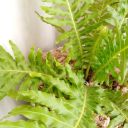
eiliesplants
61 posts
Latest Posts by eiliesplants
“Some people feel like they don’t deserve love. They walk away quietly into empty spaces, trying to close the gaps of the past.”
— Jon Krakauer, Into the Wild
NASA Sees Our Ocean in Color. How About You?
Take a deep breath. Feel the oxygen in your lungs. We have the ocean to thank for that! Over long time scales, between 50 and 70 percent of our planet's oxygen is produced by microscopic organisms living in the ocean.

Today is World Oceans Day! And as our planet’s climate continues to change, we want to understand how one of our biggest ecosystems is changing with it. Wondering how you can celebrate with NASA? We’ve got downloadable coloring pages and online coloring interactives to show how we study the ocean. Read on.
From Space to Sea

Download ocean missions coloring page here Download Sentinel-6 Michael Freilich coloring page here
We use planes, boats, Earth-observing satellites and much more to study the ocean and partner with organizations all over the world. Here are a few examples:
From Sea
The Export Processes in the Ocean from Remote Sensing (EXPORTS) is one way we study the ocean from the sea to study changes in the ocean’s carbon cycle. In May, scientists and crew conducted research on three ships in the Northern Atlantic Ocean. They hope to create models to better understand climate change patterns.
From Space
Launched last year, the Sentinel-6 Michael Freilich spacecraft began a five-and-a-half-year prime mission to collect the most accurate data yet on global sea level and how our oceans are rising in response to climate change. Sentinel-6 Michael Freilich is just one of many satellites monitoring the ocean from space. Together with other Earth-observing spacecraft, the mission will also collect precise data of atmospheric temperature and humidity to help improve weather forecasts and climate models.
Finding Eddies

Download Eddies Coloring Page The ocean is full of eddies – swirling water masses that look like hurricanes in the atmosphere. Eddies are often hot spots for biological activity that plays an important role in absorbing carbon. . We find eddies by looking for small changes in the height of the ocean surface, using multiple satellites continuously orbiting Earth. We also look at eddies up close, using ships and planes to study their role in the carbon cycle.
Monitoring Aerosols and Clouds

Clouds coloring interactive here
Aerosols coloring interactive here
Tiny particles in the air called aerosols interact with clouds. These interactions are some of the most poorly understood components of Earth's climate system. Clouds and aerosols can absorb, scatter or reflect incoming radiation -- heat and light from the Sun -- depending on their type, abundance and locations in the atmosphere. We’re building new instruments to better understand aerosols and contribute to air quality forecasts.
The Ocean in Living Color Download PACE coloring page here

The Plankton, Aerosol, Cloud, ocean Ecosystem (PACE) mission will continue and greatly advance observations of global ocean color, biogeochemistry, and ecology, as well as Earth’s carbon cycle and atmospheric aerosols and clouds. It’s set to launch in late 2023 to early 2024. Want to learn more? Click here to see how PACE will collect data and here to see what PACE will see through our coloring interactives. (Make sure to check out the hidden surprises in both!)
Exploring Ocean Worlds on Earth and Beyond
Download Clouds coloring page here

Using our understanding of oceans on Earth, we also study oceans on other planets. Mars, for example, contains water frozen in the ice caps or trapped beneath the soil. But there’s even more water out there. Planets and moons in our solar system and beyond have giant oceans on their surface. Saturn’s moon Enceladus is thought to have a massive ocean under its frozen surface, which sometimes sprays into space through massive fissures in the ice.
Learn more about ocean worlds here: nasa.gov/oceanworlds
Interested in learning more about how NASA studies oceans? Follow @NASAClimate, @NASAOcean and @NASAEarth.
You can also find all the coloring pages and interactives here.
Make sure to follow us on Tumblr for your regular dose of space: http://nasa.tumblr.com.


The Indonesian black chicken is the strangest, most expensive and rarest breed of chicken in the world, it is called "Lamborghini chicken", the price of its eggs can reach 2500 dollars and it is very delicious.
Everything in this chicken is black without exception, its feathers, beak, tongue, nails, even its meat, eggs and bones. As for his blood, it is dark red, which tends to black.
Have you ever been in love? Horrible isn't it? It makes you so vulnerable. It opens your chest and it opens up your heart and it means that someone can get inside you and mess you up.
— Neil Gaiman, The Kindly Ones

For you to treat me like this...

I plan on using this method for my trees in the desert.
Sunken Paradise
--prompt from @nosebleedclub "damnation" (14 July)
Reeds grow out of the drowned cathedral-- caught between the shattered glass and melted down icons, it holds the innocent hostage as we cling onto the parapets.
Long ago, the rivers made up home, and assured us of a direction. Today, oil floats above its surface, deconsecrating the rituals we practiced night after night.
In the depths we learn about each other's habits-- those which sacrifice kindness for hedonism, drinking the remaining freshwater as if it were champagne. Crystal meth falls onto our laps like the snow we only imagined in our lifetimes, but its flakes form a constant map towards a high which only flies high enough to the crumbling spire.
The real sickness is not our own addiction, but the constant chase for something permanent. As the walls fill up with our saline tears, we rescue candles stripped of its musk scent.
Our damnation doesn't contain a murky aesthetic; we call off the parties thirty minutes too late to know when the sirens warn us of our frailty. In a sunken paradise, we can't go on a lonely island-- we are damned to learn the ways of communal suffering, with our sacrifice, we save those who remain.
Why We May Sometimes Lose Focus Along Our Path

|Artwork: Remedios Varo - 'Tightrope Walkers', 1944
There comes a point in ones life where an individual reaches one of the many peaks and passing phases in their life. During this period, the individual encompasses certain characteristics upon their desired role.
Perhaps a person wanted to attain mastery of a certain chord or song on an instrument, or attain a change to ones own moral character or possess eternal youth; they were on their way, progressing tremendously towards their outcome — until one day — their desired milestone suddenly slips or eases away from their own daily habits which the person has worked dillengently to achieve.
Maybe the person slips back into old habits or ways of thinking that end up becoming detrimental to their mental, physical, or spiritual self. These ways of being and thinking will become detrimental to a person, as these ways of being and thinking is no longer suitable for the individual; it would be like a Cicada or a butterfly going through metamorphosis only to fly back into their old shell in hopes of returning to their original state of a locust or caterpillar. This desire is nothing more than an individual's own self pleaing to learn how to walk again, or in this case, learn how to ground again.
This phenomenon is mostly regarded as 'falling off the spiritual path' or 'to become lost'. This is simply not the case, perhaps we were too focused upon the expectations of what the path will bring rather than the path itself. The path we chose did not disappear out of the blue, yet it still lingers there; waiting for our return. It is in human nature to make mistakes. There is nothing inherently wrong with this, though quite the opposite, we make mistakes for our own benefit.
When we lose focus upon our path, even though it may be frustrating— and even disheartening— it is there to serve a purpose. It is just that, we have lost focus on what the path truly serves for us and in order for us to continue along that path we shall refocus and concentrate on this chosen path.
Do humans truly tend to seek security, or is it in our nature to seek the unfamiliar; the unknown? We seek security when we begin to lose focus on our path, we place defenses around us of disbelief at times of true tribulations. We begin to feel uncertain of trusting ourselves, we hang on tight; refusing to let go of what we think we know rather than letting ourselves trust and observe in life's natural flow.
It is at these times of uncertainty where we recover and regain our composure to discover what the path truly means to us. Our loss of focus is still on the spiritual path we walk, we merely become distracted upon our perceived world within the mind; a distracted mind leads to a distracted life. Our seperation towards our path is nothing more than illusion, it may seem as though it has gone away, yet it is still there giving us the opportunity to observe and witness the obstacles in our path that we may feel aren't worth crossing. We choose each day to live up to our own potential we wish to seek, for it is ours. We all walk our own unique paths, many may reach the same destination (perhaps we all do), though it is through these lessons of the journey which creates our own unique impact.
We shall see the loss of focus as a way of fine tuning our path into a trail that is more easily traversable. It is there, waiting, to teach rather than hinder our growth; so when we lose our focus once more, we may gain the knowledge and wisdom—to see the patterns as they arise to once again learn and reinforce the faith within our own personal compass—to be confident rather than hesitant; to release doubt that the decisions we make will truly be for our own healing and self-worth.
It is through Will which forges our path to determination, if you find yourself many times thinking of the same dreams and visions of what you may want to achieve and find yourself with that good feeling when doing a certain activity to get to that dream, you have found your determined path.
~Mise-n-abyme
-–————————————–-
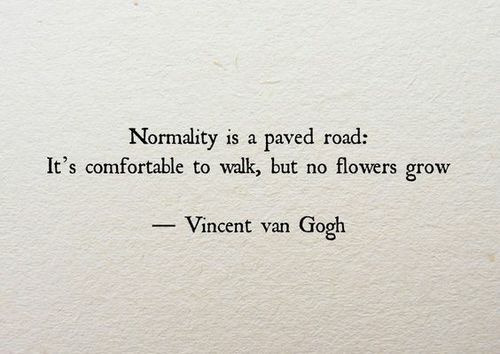
“If I really care, I'll try like 400 times. But once I'm done, it's over.”

Look at this giant brain cactus! 🌵😮🧠
quotes that help me survive:
“You are not lost. You are here. Stop abandoning yourself. Stop repeating this myth about love and success that will land in your lap or evade you forever. Build a humble, flawed life from the rubble, and cherish that. There is nothing more glorious on the face of the earth than someone who refuses to give up, who refuses to give in to their most self-hating, discouraged, disillusioned self, and instead learns, slowly and painfully, how to relish the feeling of building a hut in middle of the suffocating dust.” — Heather Havrilesky, Ask Polly
this tumblr text post:

“To live in this world you must be able to do three things: to love what is mortal; to hold it against your bones knowing your own life depends on it; and, when the time comes to let it go, to let it go.” — Mary Oliver
From an interview with Kazu Makino:

Instructions On Not Giving Up, Ada Limon:

And this poster by Yumi Sakugawa

“You have to believe, in your heart, that even if you don’t work hard and exercise and think positive thoughts and make new friends and march triumphantly into the future, you are still enough. You will always have bad days. Being broken doesn’t make you a loser. You can crumble, and you will still be enough. Make that your religion moving forward. You are here to feel this moment. You are not here to become someone better. You are not here to impress or compete. You are not here to prove yourself. You are here to savor this life. Let down your guard. You are already enough. Believe it.” — Heather Havrilesky
“The first feminist gesture is to say: “Ok. They’re looking at me. But I’m looking at them.” The act of deciding to look, of deciding that the world is not defined by how people see me, but by how I see them.” -Agnès Varda
lyrics from the song Grow by The Oh Hellos:

“The world’s otherness is antidote to confusion, that standing within this otherness—the beauty and the mystery of the world, out in the fields or deep inside books—can re-dignify the worst-stung heart.” — Mary Oliver
“I hope you will go out and let stories, that is life, happen to you,and that you will work with these stories from your life--not someone else's life--water them with your blood and tears and your laughter till they bloom, till you yourself burst into bloom. That is the work. The only work.” — Clarissa Pinkola Estes
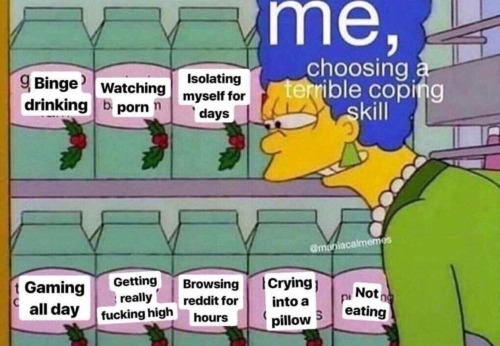


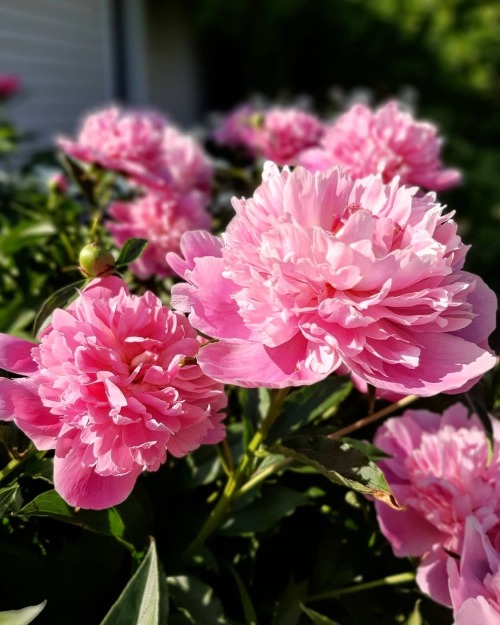

instagram | livrain
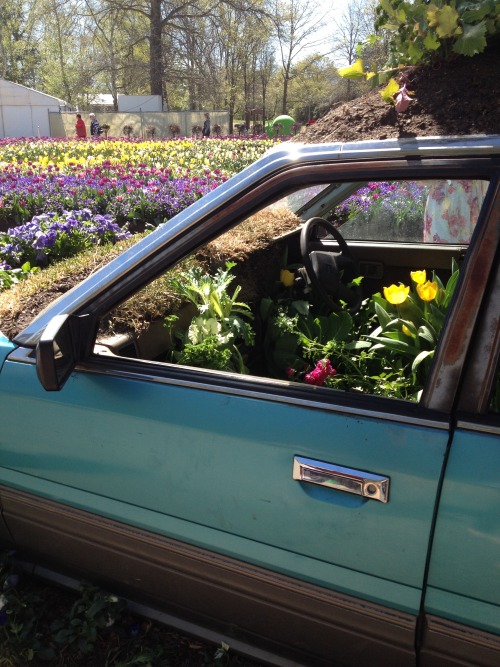
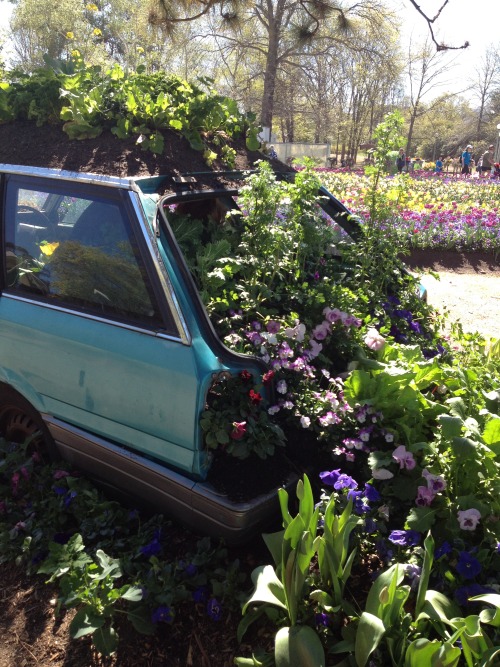
the spring flower festival was rly pretty
“Why are old lovers able to become friends? Two reasons. They never truly loved each other, or they love each other still.”
— Whitney Otto, How to Make an American Quilt


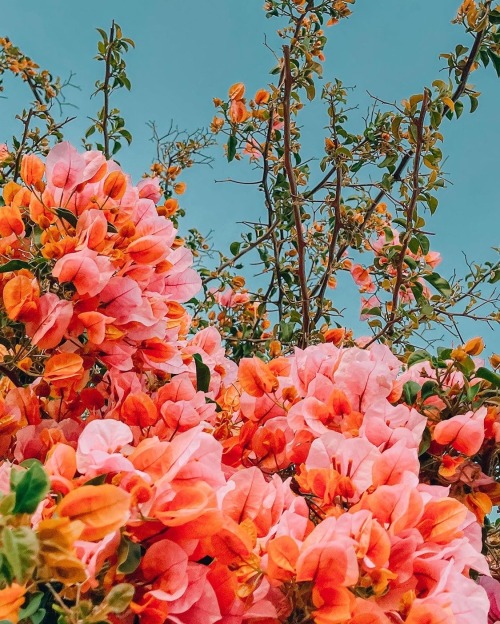
instagram | ariellevey




a spring sunday
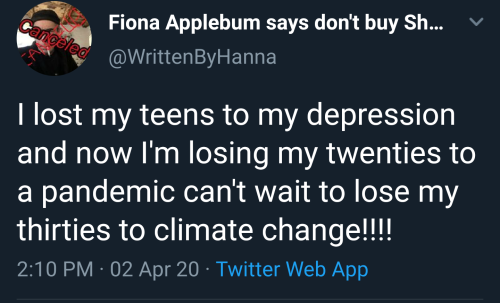
I feel attacked





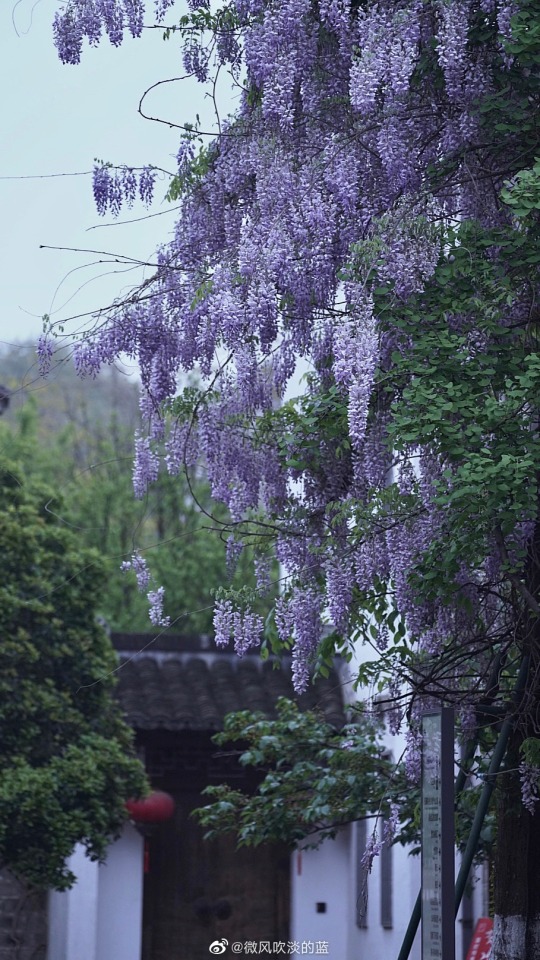
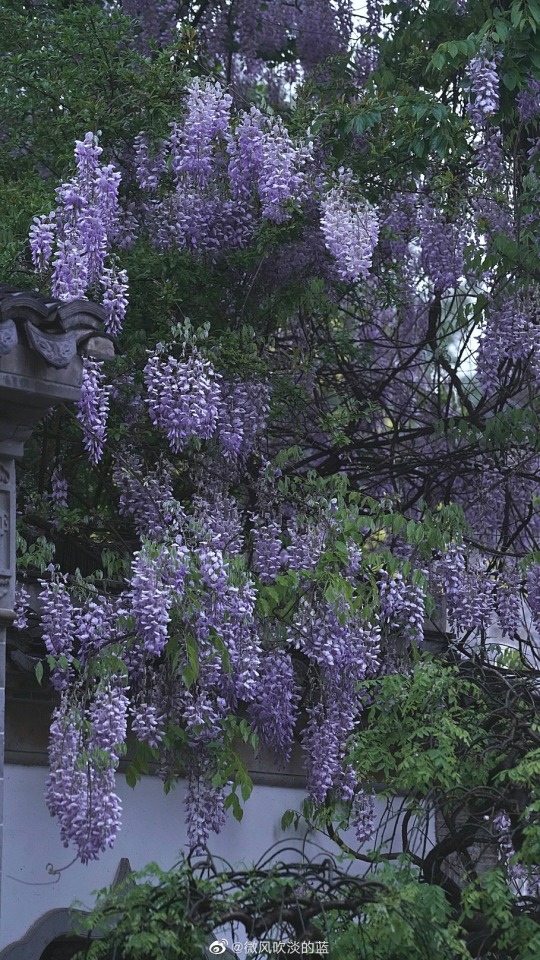

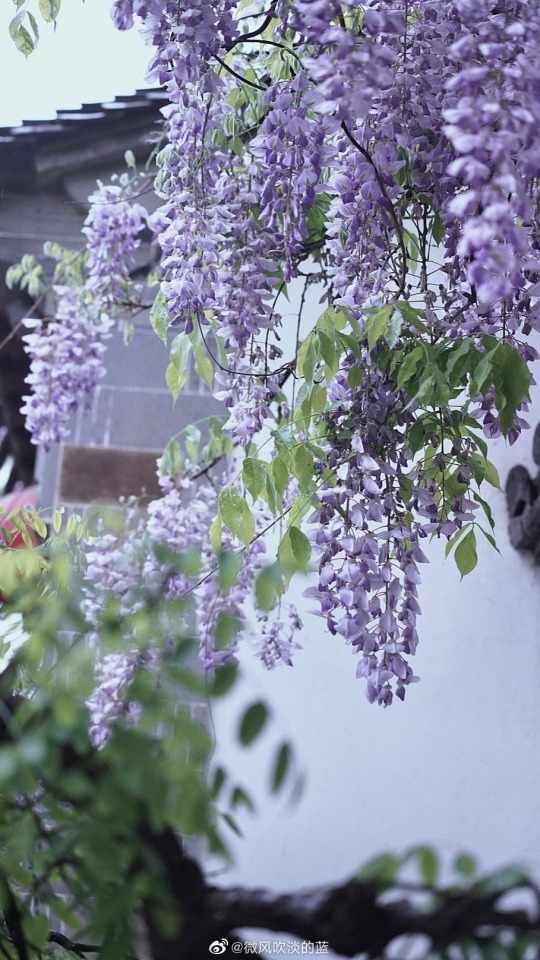
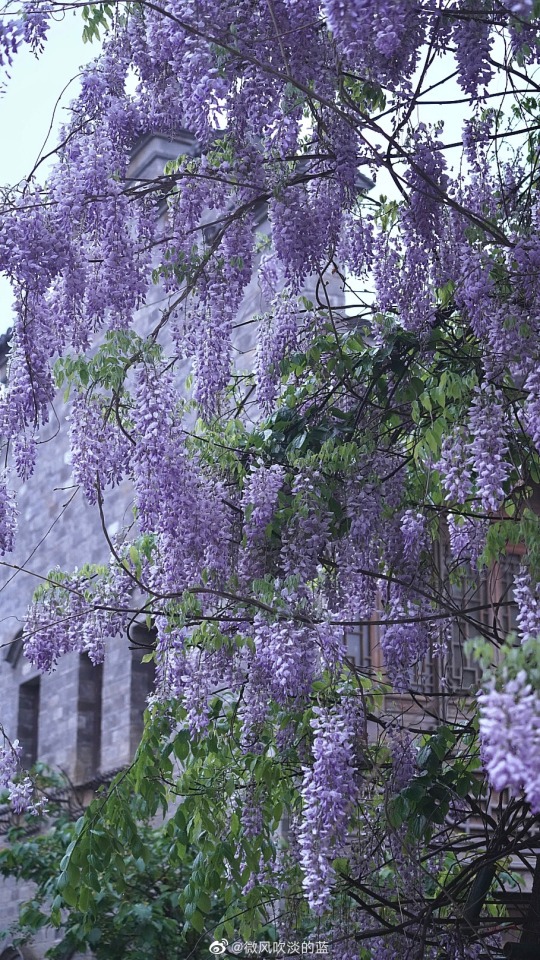
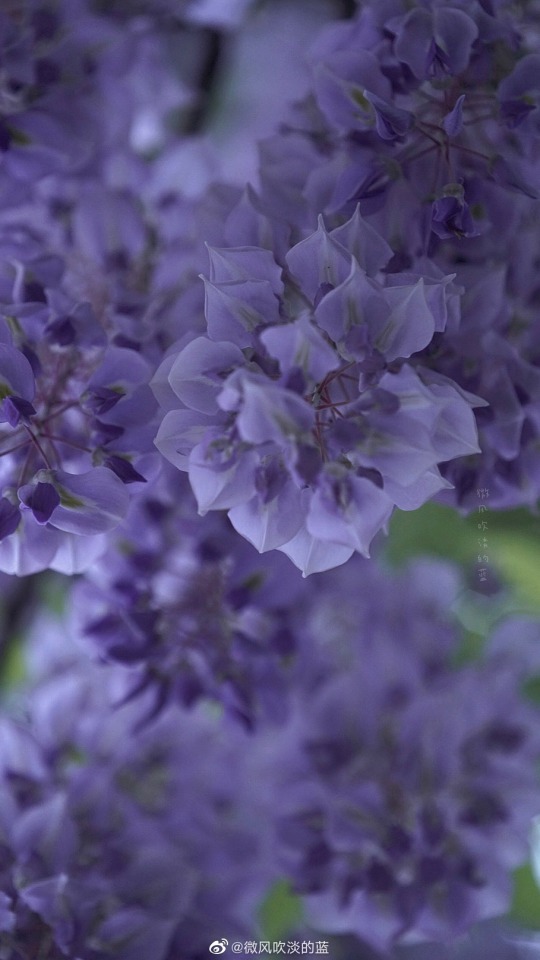



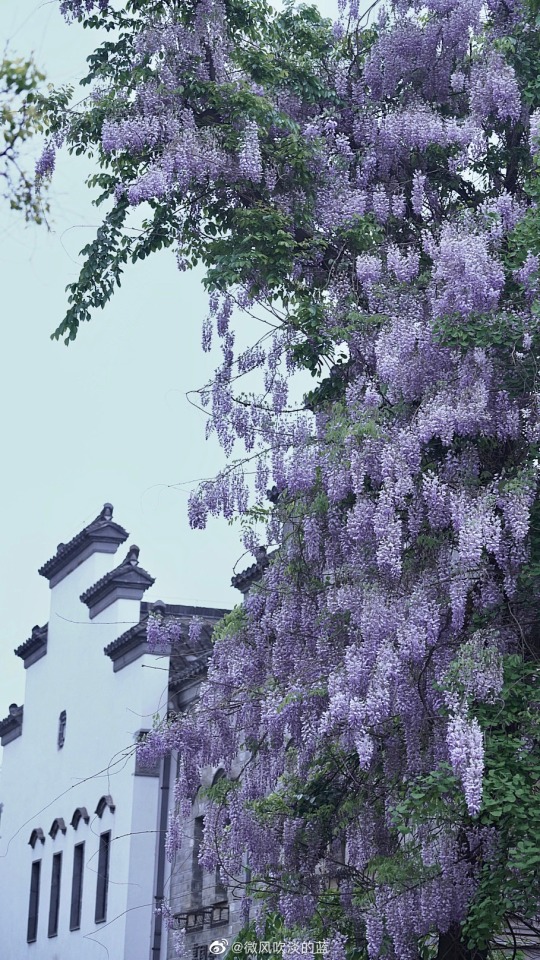
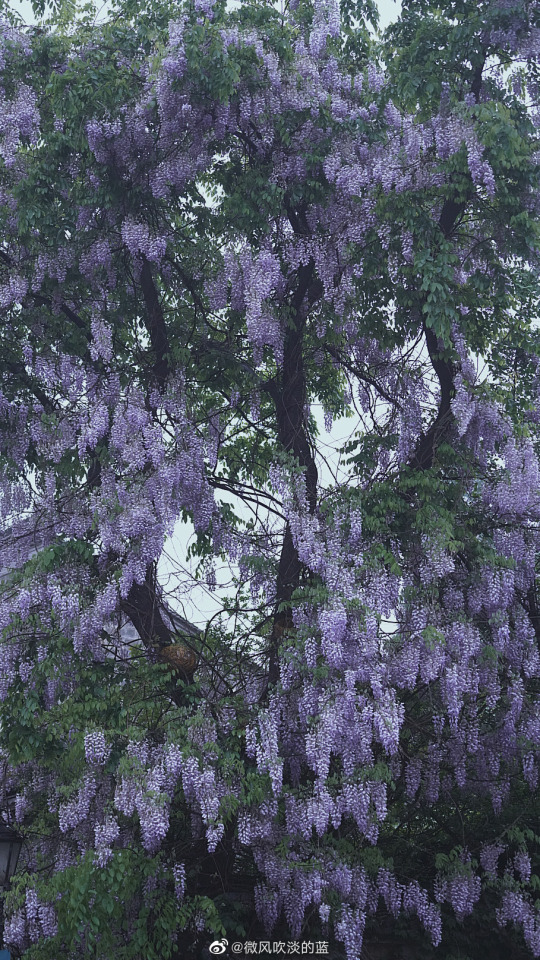
wisteria blossoms in laomendong, nanjing by 微风吹淡的蓝
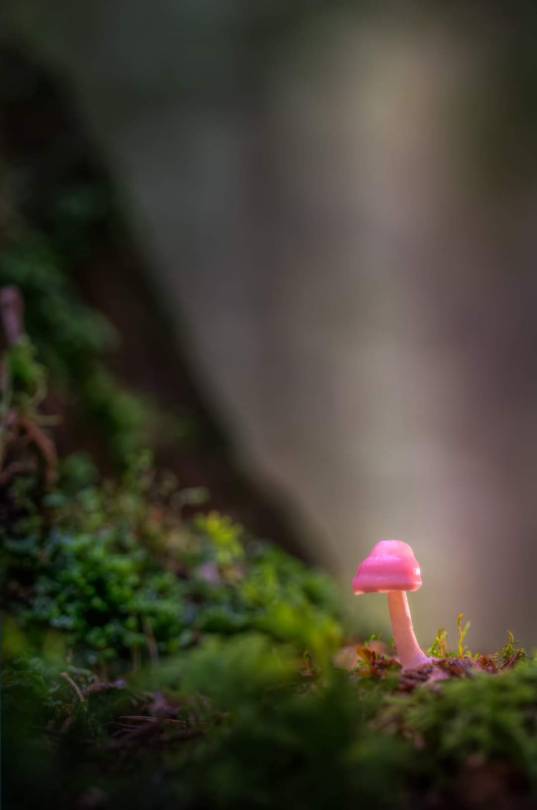
oregan shrooms 🍄
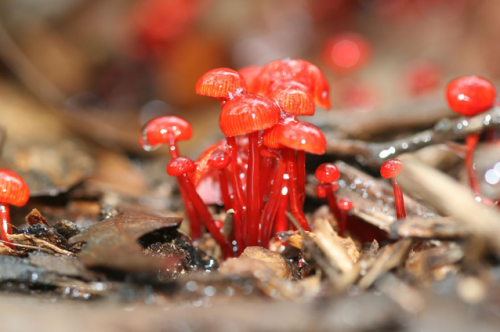
Ruby Bonnet Mycena viscidocruenta






Pink cactus's 🌵
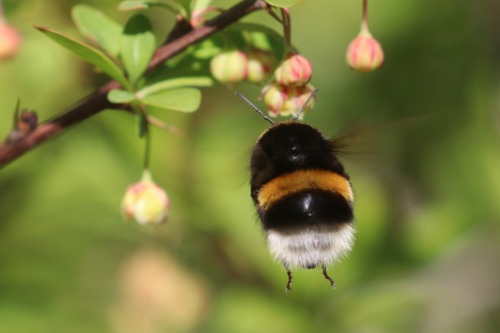
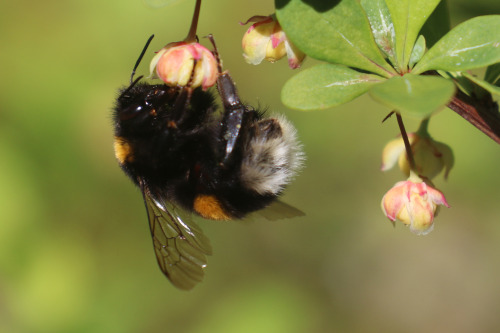
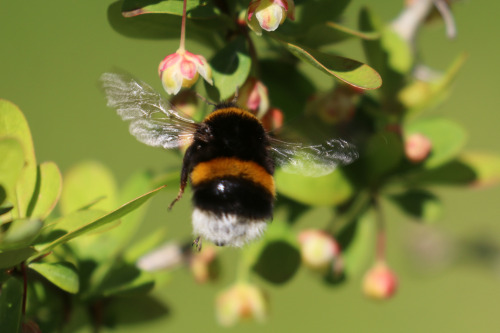
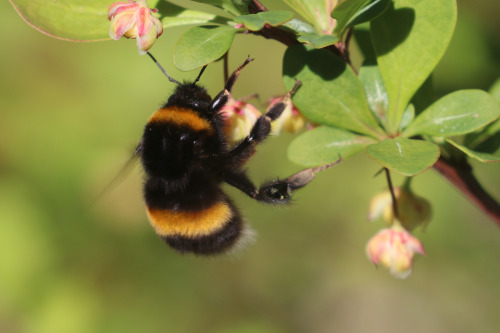
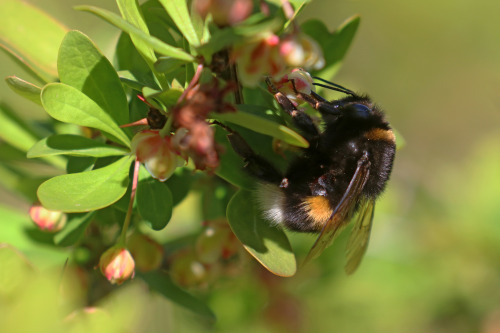
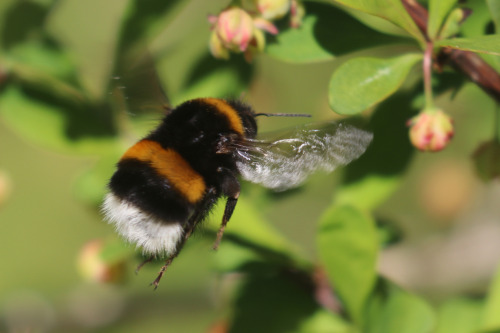
The bumblebees really like our Japanese barberry.

I think about these poppy fields very often, it was like a dream walking those trails.
I want more. I want to be surrounded by those who are positive and invested in me; I want to be positive and invested in others. I want to laugh really, really hard, a lot. I want to let go of the things not meant for me – friendships that are not fulfilling, relationships that are painful, memories that haunt. I’m ready to write more, create more, read more, adventure more. I’m ready to embrace and enjoy life for what it is and push to have positive experiences.